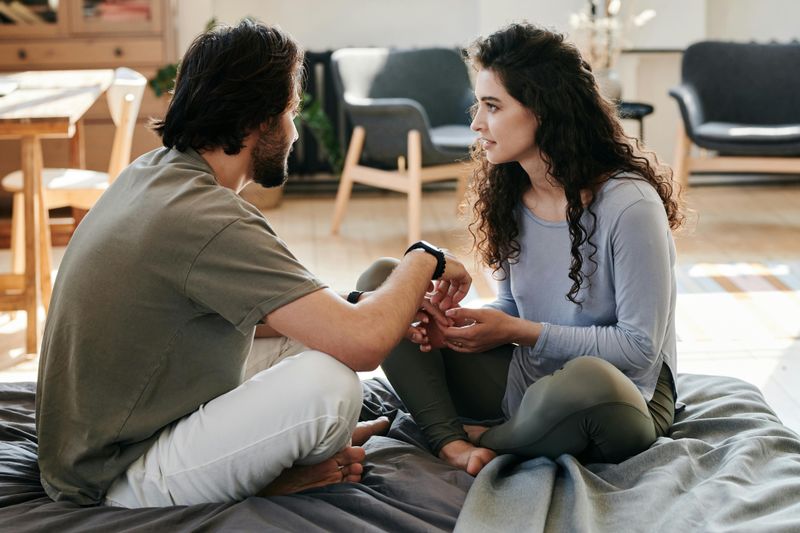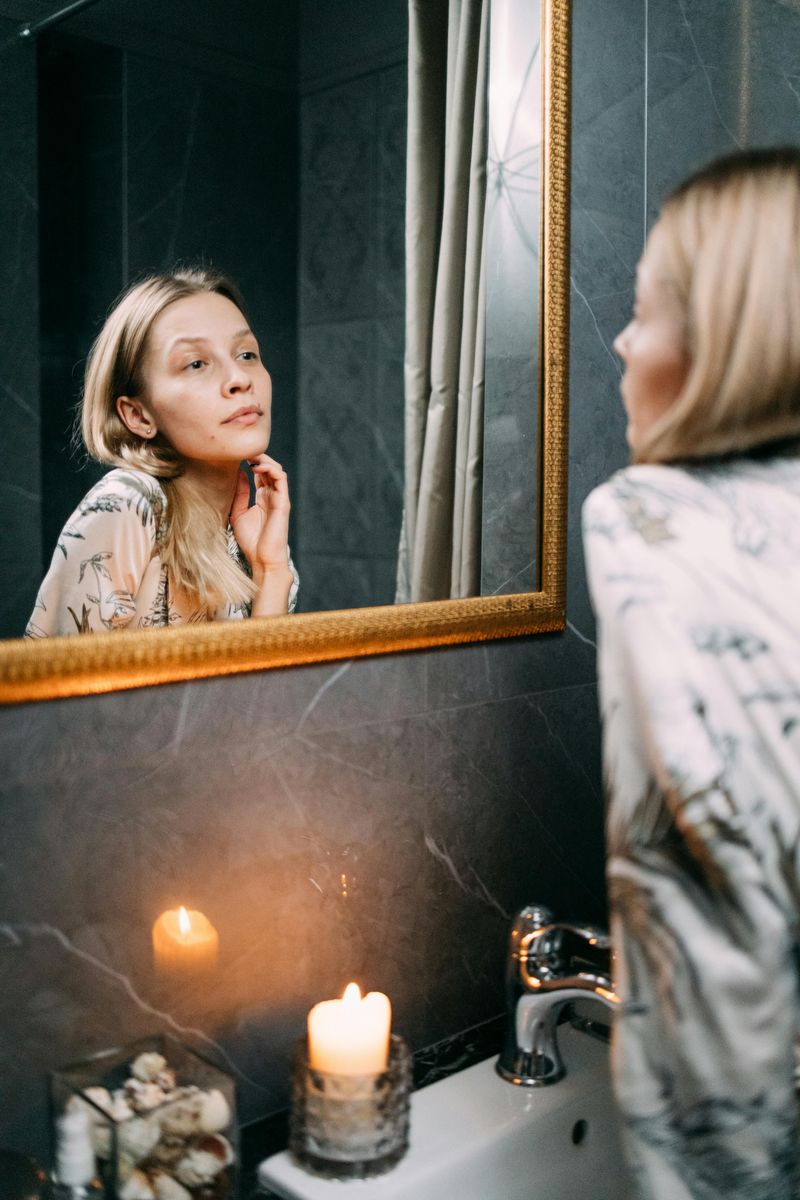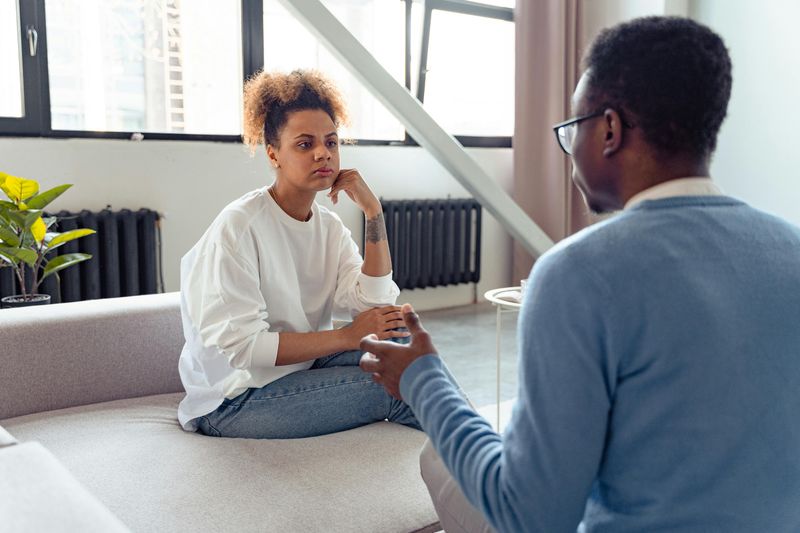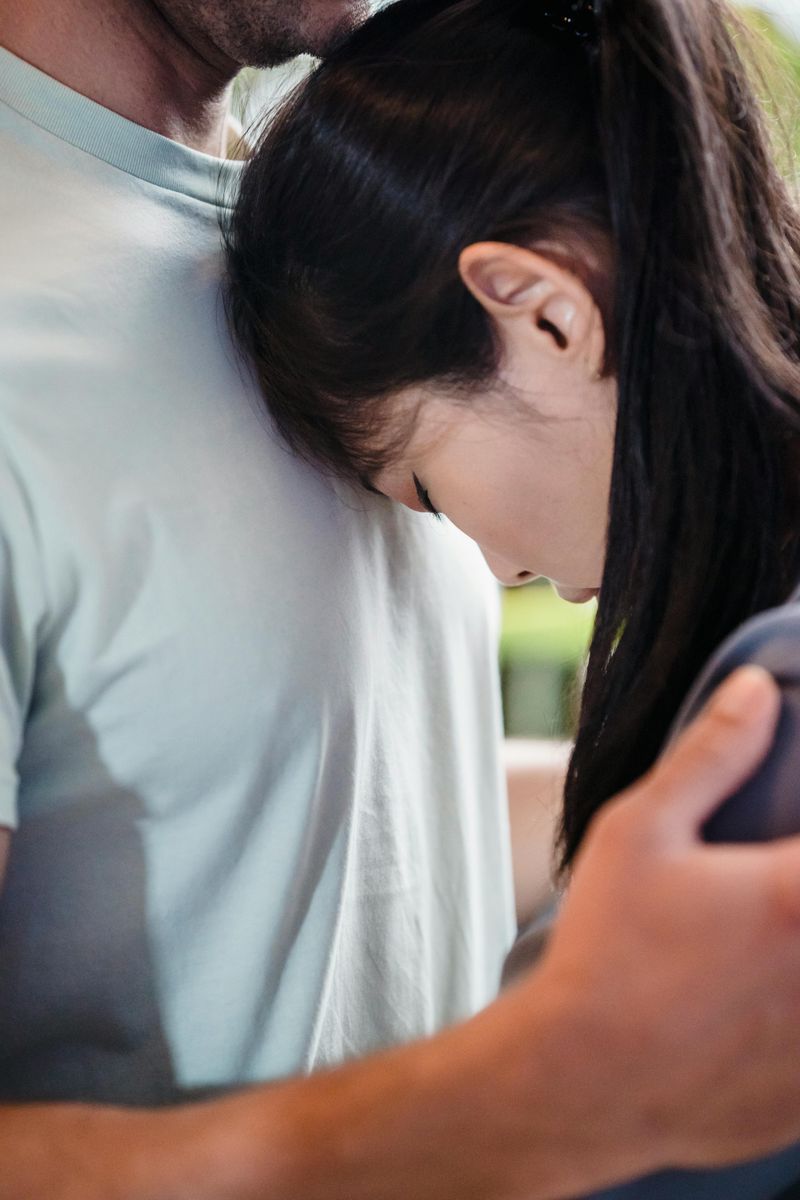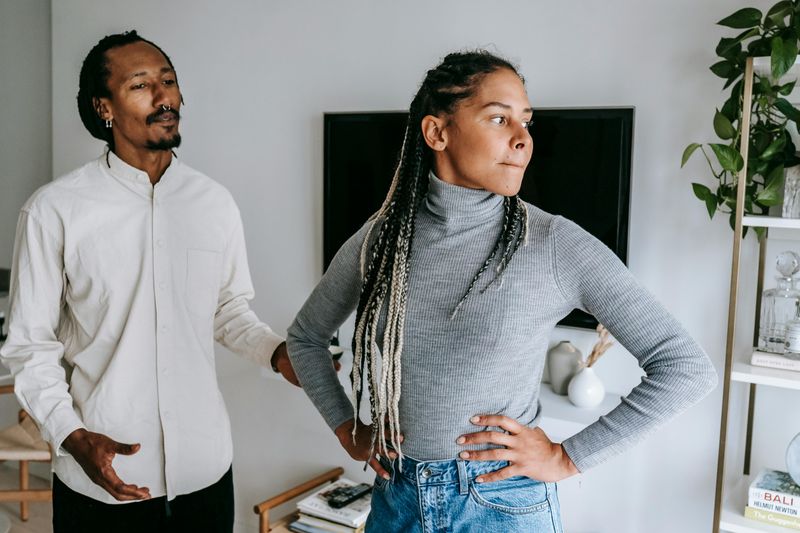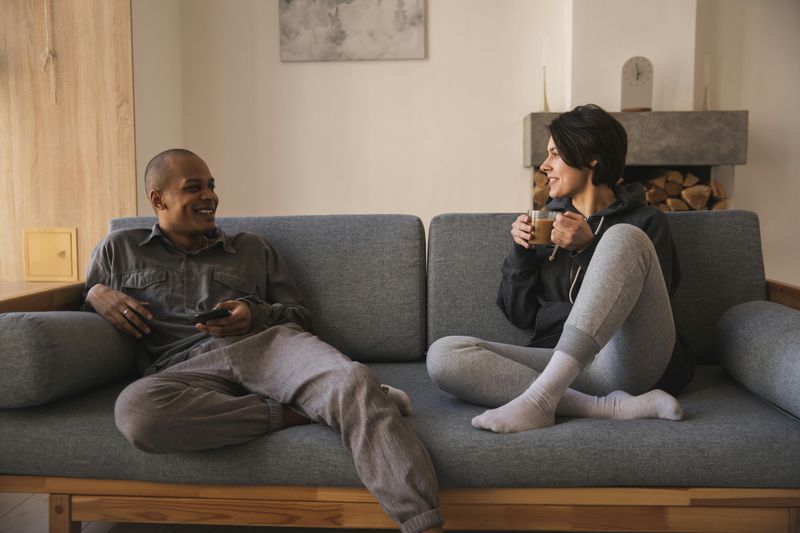Relationships act like mirrors, reflecting parts of ourselves we might never see alone. Whether romantic, family, or friendship, every connection reveals something important about who we are and how we move through the world. Over time, these interactions teach us lessons that shape our growth and help us become better versions of ourselves.
1. What We Truly Need Emotionally
Being in a relationship shows you what your heart really craves. Maybe you discover that words of encouragement fill your tank more than gifts ever could. Perhaps you realize that quality time matters more than anything else.
Every person carries different emotional needs, and relationships shine a spotlight on yours. You might find yourself feeling happiest when someone checks in on you throughout the day. Or you could learn that physical touch calms your anxious mind better than any conversation.
Understanding these needs helps you communicate them clearly. When you know what nourishes your soul, you can ask for it without guilt or confusion.
2. Our Boundaries and What Feels Right
Relationships force you to decide what behavior you will and will not accept. Someone might constantly cancel plans, and suddenly you realize disrespect makes your stomach turn. Another person might invade your privacy, teaching you where your comfort zone ends.
Boundaries are invisible lines that protect your peace. Through trial and error with others, you learn to draw them clearly. Some people will test these limits, which actually helps you strengthen them.
Setting boundaries feels scary at first, but becomes empowering over time. You start saying no without apologizing, and yes only when it truly feels right inside your heart.
3. Our Insecurities and Hidden Fears
Nothing brings insecurities to the surface quite like caring deeply about someone. You might suddenly worry you are not smart enough, attractive enough, or interesting enough. Old fears about abandonment or rejection can bubble up unexpectedly during arguments or quiet moments.
These uncomfortable feelings are actually gifts in disguise. They point to wounds that need healing and beliefs that need challenging. When jealousy strikes or comparison steals your joy, you are being shown exactly where inner work is needed.
Facing these fears within the safety of connection can transform them. Vulnerability becomes the bridge between hiding and healing.
4. How We Actually Communicate
You might think you communicate well until a relationship proves otherwise. Suddenly you notice that you shut down during disagreements or talk in circles without making your point. Maybe you realize you assume others can read your mind instead of speaking clearly.
Some people discover they are better at texting than talking face-to-face. Others learn they interrupt constantly or struggle to listen without planning their next response. Relationships become classrooms where communication patterns become impossible to ignore.
Recognizing your style is the first step toward improvement. Once you see your habits, you can practice better ways to express yourself and truly hear others.
5. Our Natural Strengths
Relationships highlight what you naturally do well. Perhaps you are the calm presence during chaos, or the one who always remembers important details. Your partner might point out how your humor lightens heavy moments or how your patience never seems to run out.
These strengths often feel so normal to you that you do not recognize them as special. But others see them clearly and appreciate them deeply. Maybe you are a natural problem-solver, always finding creative solutions when tensions rise.
Knowing your strengths builds confidence. It reminds you that you bring valuable gifts to every relationship, making connections richer simply by being yourself.
6. Our Weaknesses and Blind Spots
Just as relationships reveal strengths, they also expose areas where you struggle. You might discover that you hold grudges longer than you realized or that forgiving feels nearly impossible. Perhaps you avoid difficult conversations until problems explode, or you try controlling situations when anxiety kicks in.
These weaknesses are not character flaws but opportunities for growth. A partner might gently point out that you never apologize first, or that you make excuses instead of taking responsibility. Such feedback stings initially but offers valuable insight.
Acknowledging weaknesses takes courage but creates space for change. Self-awareness is the foundation for becoming the person you want to be.
7. Our Capacity for Vulnerability
Opening your heart to someone reveals how much emotional risk you can handle. Can you share your deepest fears without armor? Do you let others see you cry, or do walls immediately go up when emotions run high?
Vulnerability means showing your true self, including the messy and imperfect parts. Some people find this easier than others, depending on past experiences and learned patterns. Relationships test whether you can lower your guard and trust someone with your tender spots.
Building this capacity takes time and safety. Each small moment of openness strengthens your ability to be authentic, creating deeper connections that truly satisfy your soul.
8. How We Respond to Conflict
Arguments reveal your conflict style faster than anything else. Do you yell and slam doors, or go completely silent? Maybe you run away from disagreements, or perhaps you chase the other person demanding resolution immediately.
Some folks become defensive, twisting every criticism into an attack. Others crumble under confrontation, apologizing for things that are not even their fault. Your reaction during heated moments shows patterns formed long ago, often in childhood.
Understanding your conflict response helps you manage it better. When you recognize your default mode, you can pause and choose healthier reactions that solve problems instead of creating more.
9. What Values We Refuse to Compromise
Certain beliefs and principles define who you are at your core. Relationships clarify which values you will never negotiate, even for love. Maybe honesty matters so much that you cannot tolerate lies, no matter how small. Perhaps loyalty is non-negotiable, or treating others with kindness is absolutely essential.
These core values act as your internal compass. When someone asks you to bend them, something inside screams that it is wrong. You might sacrifice many things for a relationship, but not these fundamental truths.
Knowing your non-negotiables protects your integrity. It helps you choose partners whose values align with yours, creating relationships built on solid ground.
10. Our Patterns and Repeating Dynamics
Ever notice yourself having the same arguments with different people? That is a pattern trying to teach you something. Maybe you always choose emotionally unavailable partners, or you consistently become the caretaker who gets exhausted and resentful.
These repeating dynamics are not coincidences or bad luck. They point to unresolved issues or unconscious beliefs driving your choices. Perhaps you keep attracting controlling people because part of you fears making your own decisions. Or you push people away right when they get close.
Recognizing patterns breaks their power over you. Once you see the cycle clearly, you can interrupt it and create healthier relationship dynamics moving forward.
11. What We Are Willing to Change
Growth requires change, and relationships show you which changes you are ready to make. Can you adjust your schedule to prioritize someone else? Will you work on your temper because you see how it hurts people you love?
Some changes feel natural and worth the effort. Others feel like losing yourself, which signals they are probably not right. The key is distinguishing between healthy compromise and unhealthy sacrifice. Relationships should inspire you to become better, not different at your core.
Willingness to evolve demonstrates maturity and love. When you change for the right reasons, both you and your relationships flourish in beautiful, unexpected ways.
12. How to Love Ourselves
The most important lesson relationships teach is that you must love yourself first. When you depend entirely on others for validation and worth, relationships crumble under that pressure. But when you treat yourself with kindness and respect, you attract healthier connections.
Self-love means honoring your needs without guilt. It means speaking to yourself like you would a dear friend, not a harsh critic. Relationships mirror this internal relationship, showing you exactly how you treat yourself through how you allow others to treat you.
Learning this lesson transforms everything. When you love yourself well, you choose better partners and create relationships that add to your life instead of draining it.

